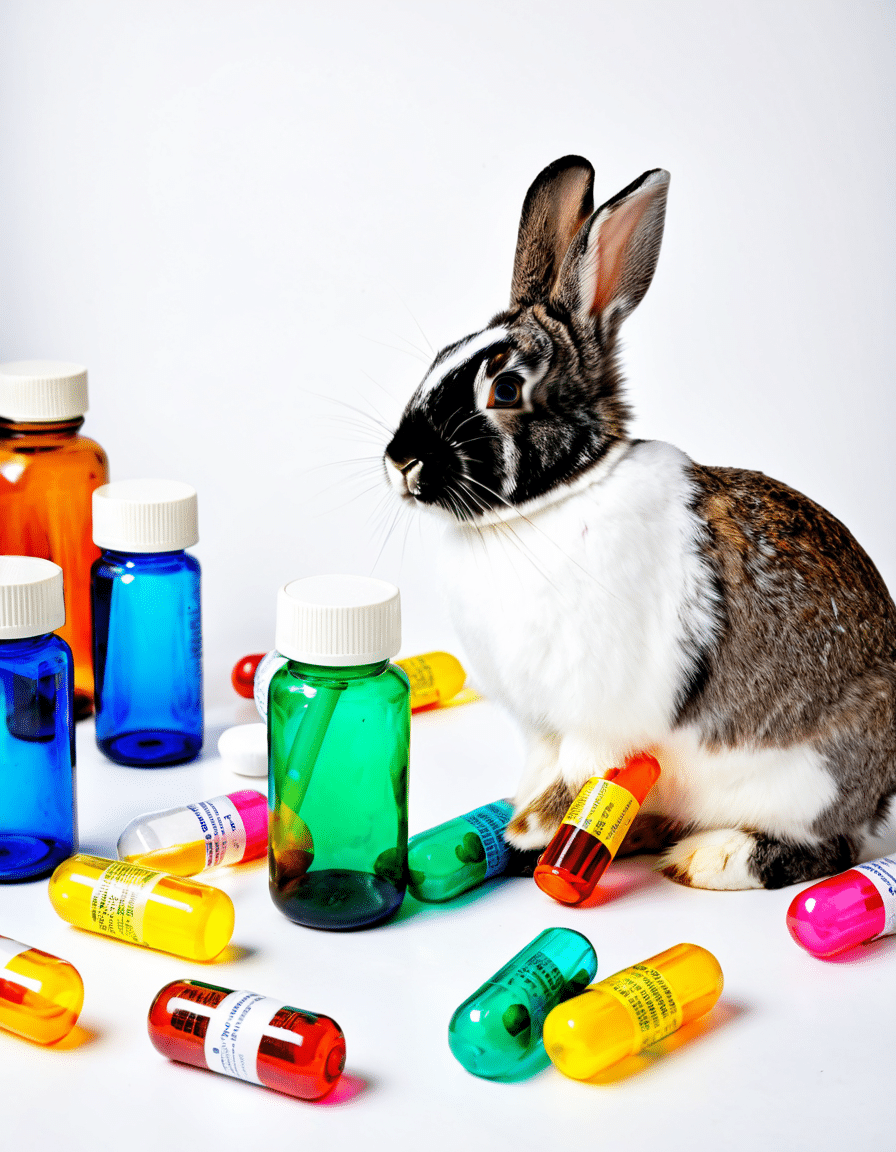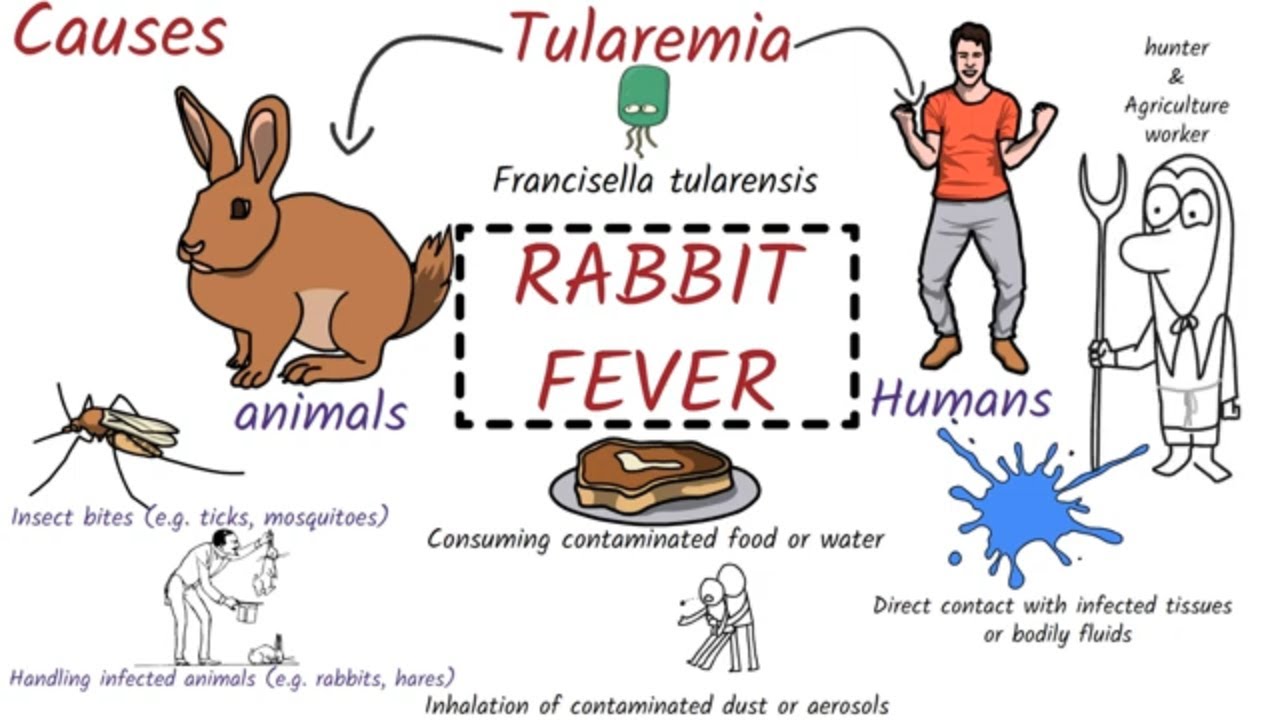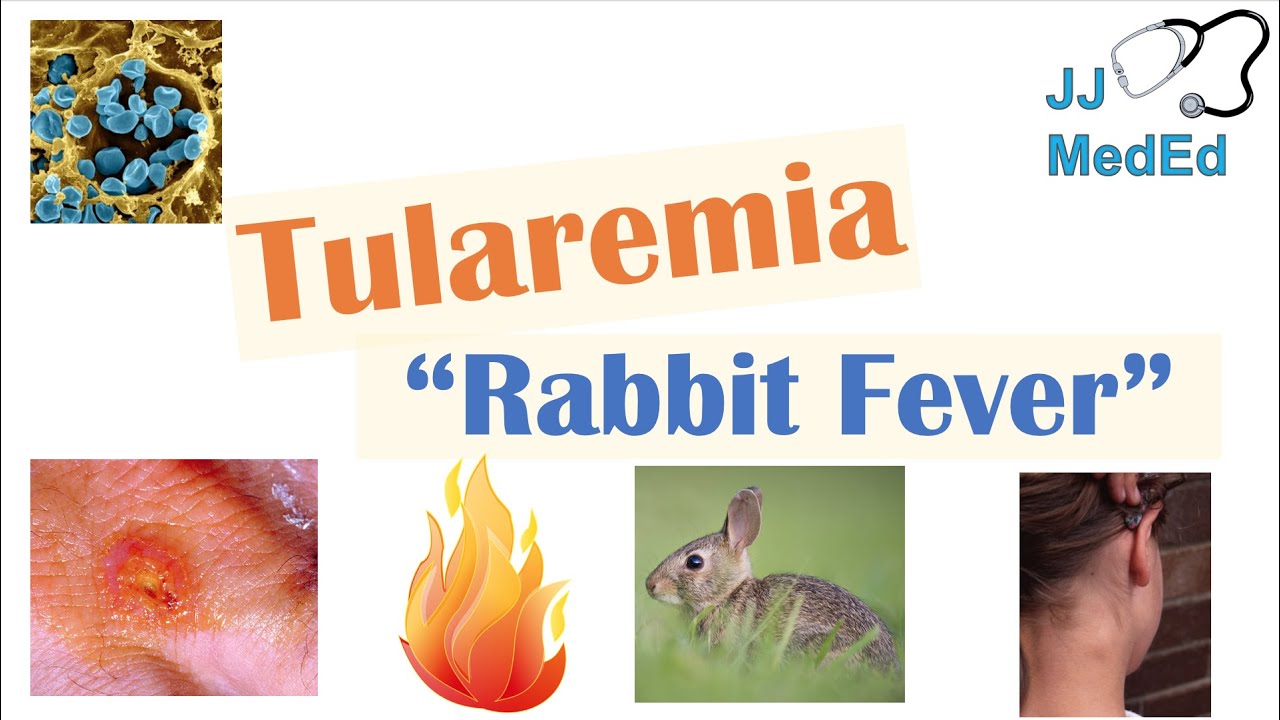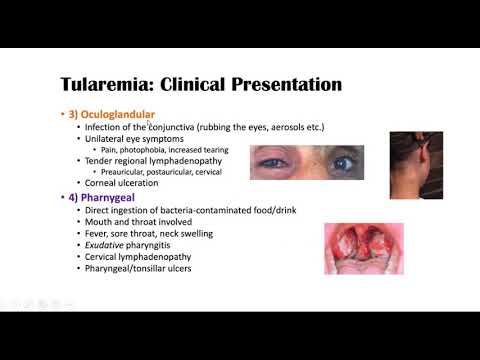Gentamicin rabbit exposure is a topic that deserves attention among both pet owners and animal health professionals. This aminoglycoside antibiotic plays a vital role in treating various bacterial infections in rabbits. However, with its benefits come significant risks that can impact the health and well-being of these furry companions. In this article, we will dive deep into the implications of gentamicin, its side effects, comparisons to alternative treatments, and precautions pet owners should take.
1. The Implications of Gentamicin Rabbit Exposure on Animal Health
Gentamicin is often administered to rabbits in various forms, including injectable solutions and topical ointments. It targets a plethora of bacterial infections, making it a common choice in veterinary medicine. Its fundamental purpose is to interfere with bacterial protein synthesis, effectively inhibiting their growth. However, due to the sensitive physiology of rabbits, gentamicin can also lead to toxic reactions if not used appropriately.
Rabbits metabolize drugs differently, which raises the stakes for potential toxicity and bioaccumulation of gentamicin in their systems. This can manifest as serious health concerns, particularly in young or elderly rabbits. Therefore, dosing requires careful consideration, often tailored to the individual animal’s weight and specific health status. It’s crucial to consult with a veterinarian when determining the right dosage and monitoring the rabbit post-treatment.

2. Identifying Side Effects of Gentamicin in Rabbits
While gentamicin can be effective, its usage in rabbits isn’t without risks. One of the primary concerns is nephrotoxicity, which refers to the potential damage to the kidneys. Rabbits with pre-existing kidney conditions or those from genetically susceptible breeds are particularly at risk. Studies have shown that even short courses of gentamicin can have detrimental effects on renal function, emphasizing the need for veterinary oversight.
Another notable concern is ototoxicity, or the risk of hearing loss associated with gentamicin prolonged usage. This is especially alarming given that rabbits depend heavily on their hearing for social interactions and environmental awareness. For instance, a report detailed symptoms of hearing loss in several rabbits after receiving gentamicin, drawing attention to the importance of using this antibiotic sparingly.
Behavioral changes also come into play as side effects of gentamicin exposure. Owners may notice lethargy, decreased appetite, or changes in hydration habits in their furry friends after treatment. Keeping a watchful eye on these behavioral cues can help detect underlying issues early, allowing for timely veterinary intervention.
3. Gentamicin vs. Alternative Treatments: Analyzing the Choices for Rabbit Care
As a responsible pet owner, it’s essential to consider alternatives to gentamicin that may pose fewer risks to rabbits. Options like enrofloxacin and amoxicillin have gained popularity as alternative antibiotics. Enrofloxacin is particularly effective for Gram-negative bacteria, which are often the offenders in rabbit infections, while amoxicillin targets a broader range of bacteria with generally milder side effects.
Veterinarians frequently weigh the effectiveness and safety of these alternatives against gentamicin, especially in cases where rabbits show signs of sensitivity or existing health issues. In one case, a veterinarian chose amoxicillin over gentamicin for a rabbit with a previous history of kidney problems, thus preventing the risk of deterioration in kidney function associated with gentamicin.
When considering gentamicin rabbit exposure, it’s wise to consult with a veterinarian about the safest and most effective antibiotic treatments for your specific situation. They may recommend alternatives that better suit your rabbit’s individual health needs while minimizing the risk of adverse effects.
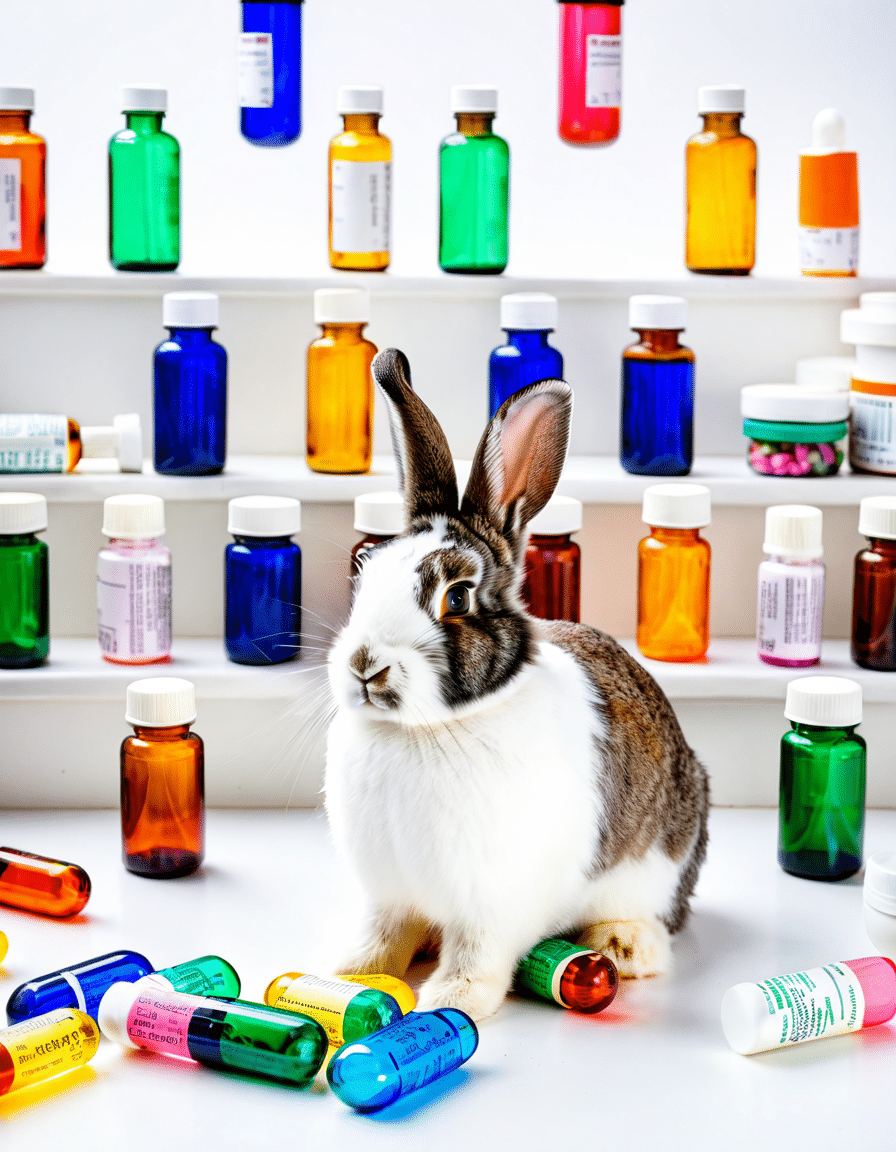
4. Proin Side Effects and Their Relevance to Gentamicin Exposure
While Proin is primarily a medication used for urinary incontinence in dogs, understanding its side effects provides insights into safe medication practices across species. Some common side effects of Proin include increased heart rate and hypertension, which can be troubling for rabbits, particularly when undergoing treatments like gentamicin.
Existing medical literature highlights a variety of veterinary reports explaining how the vulnerable metabolic systems of rabbits can react to medications designed for different species. This interconnectedness underscores the need for diligent monitoring of any medication effects, including gentamicin exposure, in rabbits following treatments not directly aimed at them.
It’s important to create a comprehensive health plan for your rabbit that considers not only gentamicin treatment but any other medications that might also be in use to prevent compounded side effects.
5. Exploring Lepto Vaccine Side Effects in Rabbits
The leptospirosis vaccine, although mainly intended for dogs, has elements that can raise concerns for rabbit owners. Some evidence suggests young rabbits vaccinated against leptospirosis may experience adverse effects, such as local swelling or more systemic reactions, like fever. The potential interactions between gentamicin and vaccines like the leptospirosis vaccine highlight a crucial area for discussion.
Additionally, the sympathetic relationship between gentamicin administration and its influence on vaccinations cannot be overlooked. Discussions among veterinarians have surfaced about the potential complications when antibiotics, such as gentamicin, coincide with vaccination schedules. For instance, recent veterinarian studies documented cases where simultaneous treatment and vaccination increased the frequency of both mild and moderate reactions in vaccinated rabbits.
This may prompt owners to consider the timing of these treatments. Engaging in open dialogue with your veterinarian ensures that any administration of gentamicin does not adversely affect your rabbit’s health in the context of vaccination.
6. Bordetella Vaccine Side Effects in Dogs: Context for Rabbit Owners
Many rabbit owners are also dog owners, so understanding bordetella vaccine side effects in dogs can shed light on rabbit health as well. Side effects such as coughing, gastrointestinal upset, and lethargy can sometimes be observed post-vaccination in dogs. But what does this have to do with rabbits?
In homes where both species coexist, a rabbit’s response to the stress of an unwell dog can be significant. For instance, a coughing dog that just received the bordetella vaccine may cause stress in an already sensitized rabbit, particularly if that rabbit has been recently exposed to gentamicin. This stress can exacerbate any underlying medical effects, creating a web of complications that could have been mitigated.
Knowing how treatments and vaccinations in one animal can affect another can help pet owners create a harmonious environment for their pets while remaining vigilant during care routines.
7. Safety Precautions in Managing Gentamicin Exposure for Pet Owners
Managing gentamicin rabbit exposure is paramount to ensuring your pet’s health and safety. Here are some specific protocols to follow:
Innovative Wrap-Up
Understanding gentamicin rabbit exposure isn’t just about identifying risks; it’s about managing them effectively. Through open communication with veterinary professionals, rabbit owners can navigate treatment protocols and create a safe environment for their pets. By recognizing the larger implications of medications and vaccines and how they affect different species, responsible pet caretakers can foster harmony among all of their furry companions, ensuring their health and happiness for years to come.
In conclusion, remember that each rabbit is unique. Always prioritize your rabbit’s needs and well-being, and never hesitate to consult with a vet if you have concerns about gentamicin exposure or the use of other medications.
For more information on pet care and expert insights, don’t forget to explore our other informative articles at Pets Dig.
The Impact of Gentamicin Rabbit Exposure on Health and Safety
Understanding Gentamicin and Rabbit Sensitivities
Gentamicin, an antibiotic used to treat serious infections in various species, shows promising effects in rabbits, but it’s not without complications. Poorly handled doses can lead to toxicity, affecting the inner ear and kidneys. Strikingly, studies suggest that exposure to gentamicin in rabbits can sometimes mirror the sensitivity seen in other animals. For instance, did you know that certain breeds, such as the black bull terrier, are more susceptible to ear issues? Yup, just like rabbits in their encounters with gentamicin, ear health can take a hit.
Intriguingly, gentamicin isn’t just a rabbit tale. When comparing various animal reactions, the shifts in health responses can almost be as dramatic as watching one of those video fainting goats! The dynamics of animal health remind us how critical it is to observe reactions closely and respond to health needs quickly. Watching these responses unfold in the field gives a broader perspective on how antibiotics interact with different species, which is especially useful for veterinarians.
Potential Dangers of Gentamicin
While gentamicin has valuable applications, the potential dangers of gentamicin rabbit exposure can’t be dismissed. Renowned for its capability to eradicate harmful bacteria, its side effects can lead to disturbing health issues. For example, kidney complications and the potential for hearing loss are risks faced by exposed rabbits. Similarly, did you know that cats are often considered in discussions about direct cremation due to their unique medical needs? This illustrates the importance of precise health interventions across pets.
Navigating antibiotic use can feel as intense as keeping track of a Trump press conference today, but it’s vital for those caring for small animals. The reaction of rabbits to gentamicin can be nuanced, and, like the special dynamics in a City Hunter movie, understanding different responses can make a huge difference. Each rabbit’s health story might unfold uniquely, highlighting just how essential it is to monitor these furry friends after treatment.
Broader Perspectives on Animal Health
Ultimately, understanding gentamicin’s rabbit exposure effects can expand our view on animal care. Just as in other species, treatment missteps can lead to lasting consequences. Observing the long-term impacts of gentamicin on rabbits raises questions about dosage and duration that pet owners and veterinarians must consider—much like noticing an ear growth on dog can indicate something larger at play.
Moreover, it’s always insightful to consider how our pets differ from one another. For example, while one might be performing tricks for a treat, another could be sensing health changes that call for immediate attention. And while we might think about definitions like celibate definition to chat about lifestyles, understanding different animal health contexts is vital in becoming effective caretakers. So, always stay informed and alert; your furry companions will thank you!
